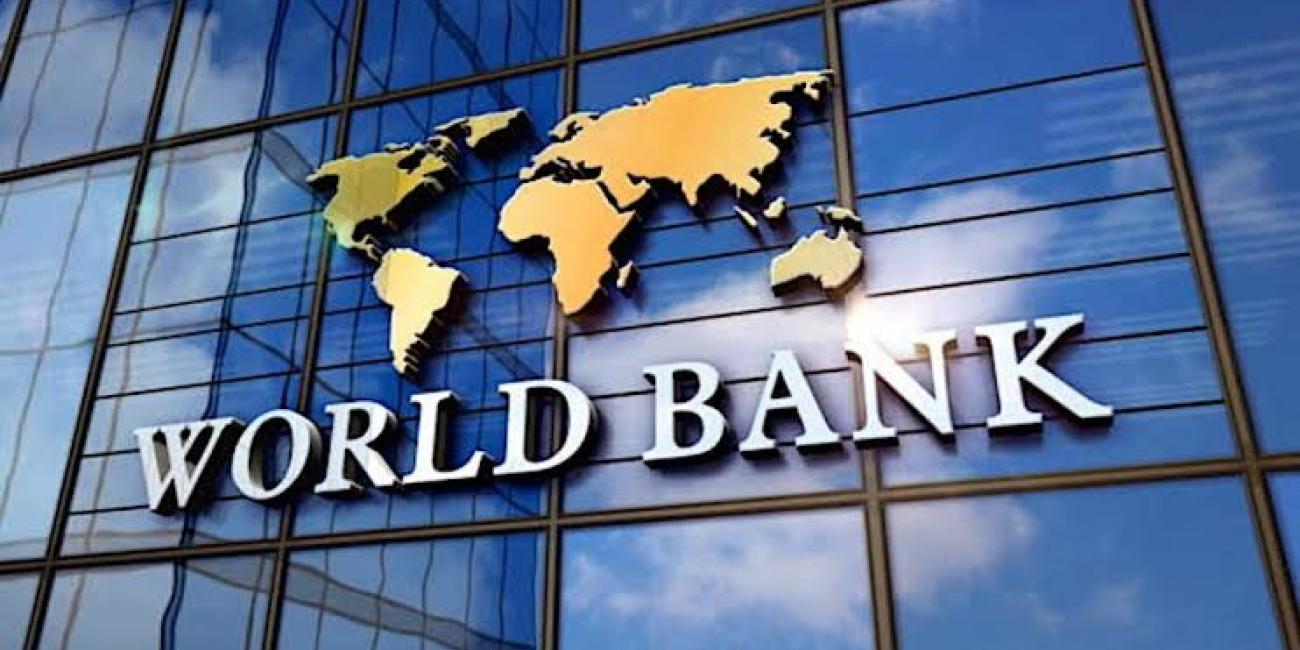The World Bank has announced a restructuring of the Nigeria Digital Identification for Development (ID4D) project to ensure the complete disbursement of the $430 million pledged by the project’s financiers.
According to nairametrics, the restructuring comes as the French Development Agency (AFD) and the European Investment Bank (EIB) threatened to cancel their financing if the World Bank ceased to be the project’s implementor after its initial closure date of June 30, 2024.
Under the original financing plan approved by the International Development Association (IDA) in 2020, AFD was to contribute $100 million, EIB $215 million, and IDA $115 million. However, both AFD and EIB indicated they would withdraw their support if the World Bank was no longer the lead financier and implementor.
The World Bank emphasised the importance of extending the project’s closing date to maintain continuity across all financiers and to safeguard the progress made in Nigeria’s digital identity infrastructure. Consequently, the project’s closure has now been extended by two years to June 30, 2026. This extension will allow the project to meet the growing demand for an inclusive and trusted digital ID system, enhancing transparency, efficiency, and effectiveness in governance and public service delivery.
Despite the extension, Nigeria has missed several key benchmarks set for the project. The country was expected to issue 148 million National Identification Numbers (NIN) by June 2024. Additionally, the Automated Biometric Identification System (ABIS), which processes all biometric data, is nearing its capacity with 80 million records. The system upgrade to accommodate 250 million enrollments is underway and expected to be completed by March 2025.
The restructuring will also shift the focus of the project to reflect the latest priorities of the Nigerian government. Some activities under subcomponent 2 will be cancelled due to limited timelines, including building links with a digitised civil registration, conducting a capacity assessment of the National Population Commission, creating a national civil registration database, and developing new mechanisms for continuous digital birth registration with NIN generation. Funds from these activities will be redirected towards developing a new national identity management system (NIMS).
The World Bank also announced that indicators related to equipping Nigerian Government offices abroad to register Nigerians for NIN will be deleted. The government is now prioritizing issuing NINs within Nigeria to ensure access to services for the poor and vulnerable.
Remaining Disbursement Condition
As of now, one of the three conditions required for the full disbursement of funds has yet to be met. The first condition, the enactment of a data protection law and the establishment of a data protection commission, was fulfilled in June 2023. The second condition, related to the acceptability of the NIMS, was met in March 2024 following improvements to the system. The final condition, the amendment of the NIMC Act to promote an inclusive and non-discriminatory legal framework, is pending enactment by the National Assembly. Significant progress has been made, with the amendments already drafted.
Project Goals and Performance Indicators
The ID4D project, approved by the IDA Board in 2020, aims to increase the number of Nigerians with a national ID number issued by the NIMC, facilitating easy access to digital services. The project originally targeted the issuance of NINs to 148 million Nigerians by 2024, including at least 65 million female Nigerians and 50 million children under 16 years of age. Other performance indicators included the development of pro-poor functional public and private services using the foundational ID system, NIN enrollments in rural areas, and training government personnel in best practices for legal and regulatory environments for foundational ID, including privacy and data protection.
Many of these targets have been missed, necessitating the restructuring to better align the project with current realities and priorities.



